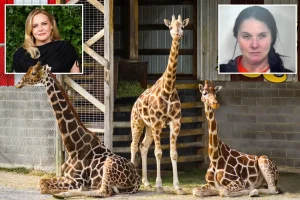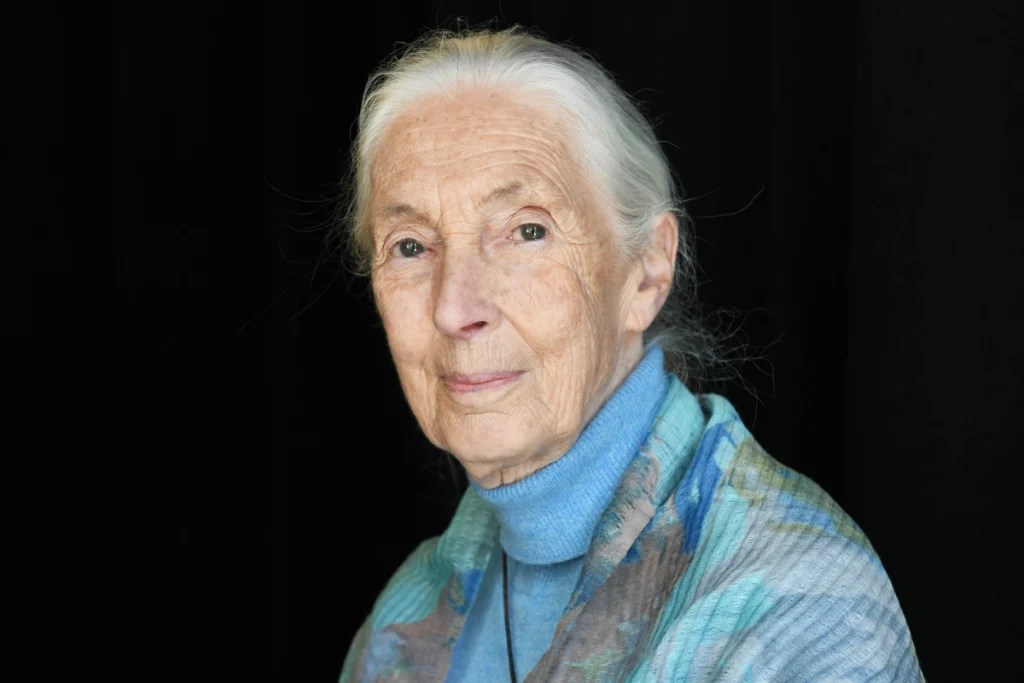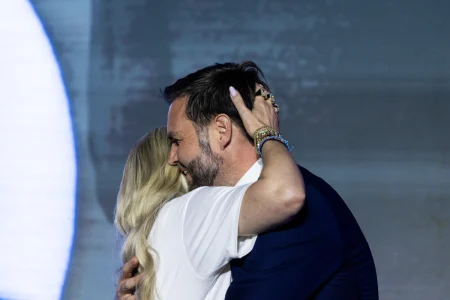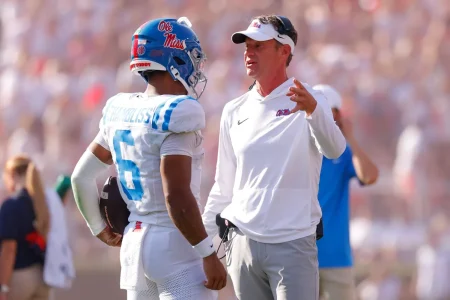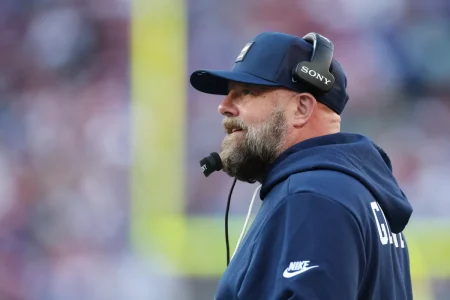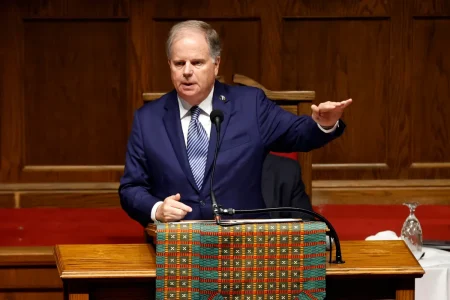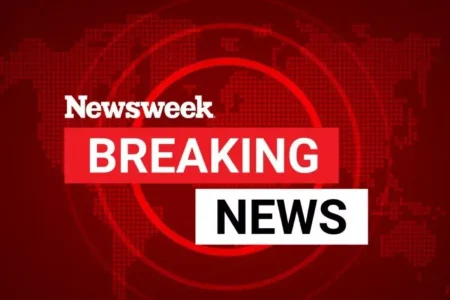Jane Goodall: A Life of Compassion, Discovery, and Unwavering Advocacy
The world has lost one of its most remarkable champions of wildlife conservation and environmental stewardship with the passing of Dr. Jane Goodall at age 91. On October 1, 2025, the Jane Goodall Institute announced that the pioneering British primatologist died of natural causes while on a speaking tour in California—a testament to her lifelong commitment to activism even in her ninth decade. “Dr. Goodall’s discoveries as an ethologist revolutionized science, and she was a tireless advocate for the protection and restoration of our natural world,” the Institute shared in a statement on social media. Her death marks the conclusion of an extraordinary chapter in environmental advocacy that transformed our understanding of the natural world and inspired countless individuals to take action in protecting our planet’s fragile ecosystems.
Jane Goodall’s journey began in the forests of Tanzania, where her patient, meticulous observations of chimpanzee behavior in Gombe National Park fundamentally altered scientific understanding of our closest relatives in the animal kingdom. What started as a young woman’s dream to study wildlife in Africa evolved into groundbreaking research that shattered previous assumptions about animal intelligence and behavior. Goodall documented chimpanzees making and using tools—a behavior previously thought unique to humans—and revealed complex social structures and emotional lives among these remarkable creatures. Her approach was revolutionary not just for its scientific discoveries but for its compassionate methodology; she insisted on giving individual names rather than numbers to the chimpanzees she studied, recognizing their distinct personalities and acknowledging the deep connections between humans and the animal world. This perspective challenged the scientific orthodoxy of her time and established a new paradigm for how we understand our relationship with other species.
Beyond her scientific contributions, Goodall transformed herself from field researcher to global activist, recognizing that preserving wildlife required addressing broader human and environmental challenges. In 1977, she founded the Jane Goodall Institute to support continued research and wildlife protection, expanding her mission from studying chimpanzees to safeguarding their habitats and improving the lives of local communities. Understanding that environmental conservation is inseparable from human welfare, she developed programs that combined habitat protection with sustainable development initiatives for communities living near chimpanzee habitats. Perhaps most notably, she established Roots & Shoots in 1991, a youth-led community action program that now operates in more than 60 countries, empowering young people to implement projects that benefit people, animals, and the environment. Through these initiatives, Goodall demonstrated her profound understanding that effective conservation requires addressing the interconnected needs of ecosystems, wildlife, and human communities.
The tributes pouring in from around the world reflect the extraordinary breadth of Goodall’s influence across different fields and generations. Actor Leonardo DiCaprio, a prominent environmental activist himself, shared a heartfelt message calling Goodall “a true hero for the planet” who “devoted her life to protecting our planet and giving a voice to the wild animals and the ecosystems they inhabit.” He recalled that his last message to her was simply: “You are my hero.” Maria Shriver, who honored Goodall with the Minerva Award in 2009, remembered her as someone who “stayed at her mission and on her mission” and “changed the world and the lives of everyone she impacted.” Chef José Andrés offered perhaps the most poignant reflection on Goodall’s character, describing her as “the wisest and most compassionate person I’ve ever met” who “could make anybody feel hopeful about the future, no matter the hardships of the present.” He noted that even in her final days, she was contemplating how she might help alleviate suffering in global crisis zones like Gaza, Ukraine, and Sudan—a testament to the boundless compassion that characterized her life’s work.
What made Goodall truly exceptional was not just her scientific achievements or conservation initiatives, but her remarkable ability to communicate complex environmental issues with clarity, compassion, and hope. Unlike many who focus on environmental doom and gloom, Goodall consistently emphasized reasons for optimism, believing in humanity’s capacity to make positive change when properly informed and motivated. Her gentle yet authoritative voice, backed by decades of firsthand experience and scientific credibility, made her an unusually effective advocate across political and cultural divides. She traveled relentlessly well into her 90s, delivering hundreds of lectures annually to audiences ranging from schoolchildren to world leaders. In these talks, she shared not just her knowledge of chimpanzees but her broader vision of environmental stewardship—a vision that recognized the interdependence of all living things and called for a fundamental reconsideration of humanity’s relationship with the natural world.
As we reflect on Jane Goodall’s extraordinary legacy, we are reminded that her greatest contribution may be the hopeful blueprint she provided for addressing our planet’s most pressing environmental challenges. She demonstrated that individual action, when guided by compassion and persistence, can catalyze global change. From the young woman who ventured into the forests of Tanzania with nothing but a notebook and binoculars to the international icon who addressed the United Nations and influenced environmental policy worldwide, Goodall embodied the power of combining scientific rigor with moral conviction. Though she has left us, her vision continues through the work of the Jane Goodall Institute, the thousands of Roots & Shoots groups worldwide, and the countless individuals inspired by her example. Perhaps the most fitting tribute to this remarkable woman would be to heed the message she consistently delivered throughout her life: that each of us has the ability and the responsibility to make a difference in protecting our shared home. As Leonardo DiCaprio urged in his tribute, “Now, we all must carry the torch for her in protecting our one shared home.”

